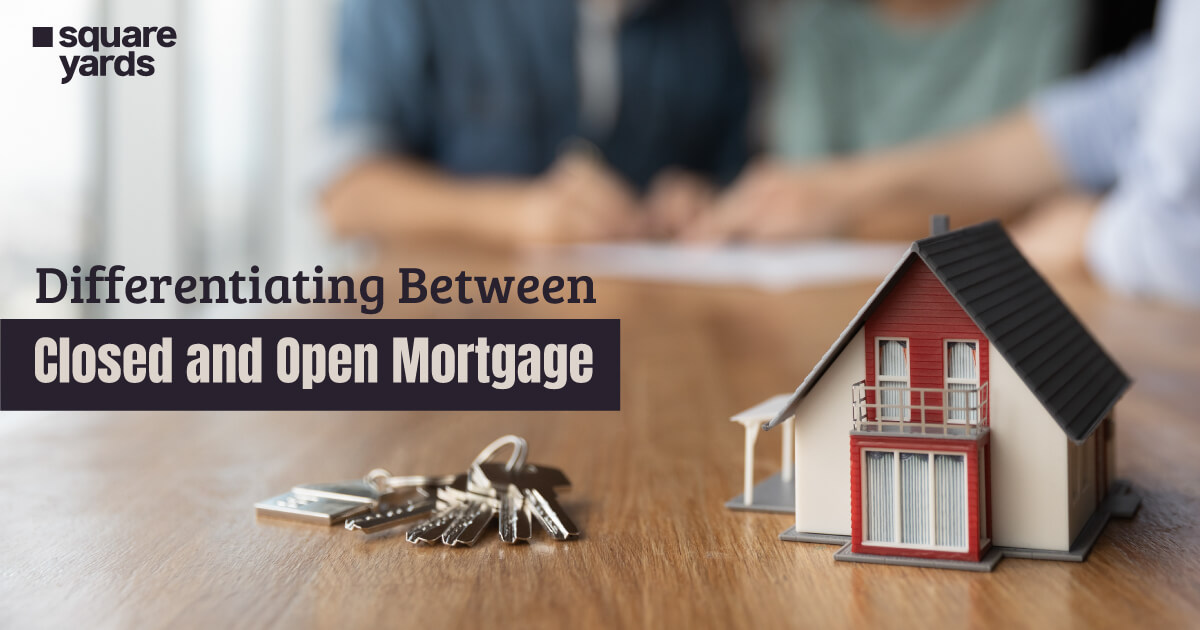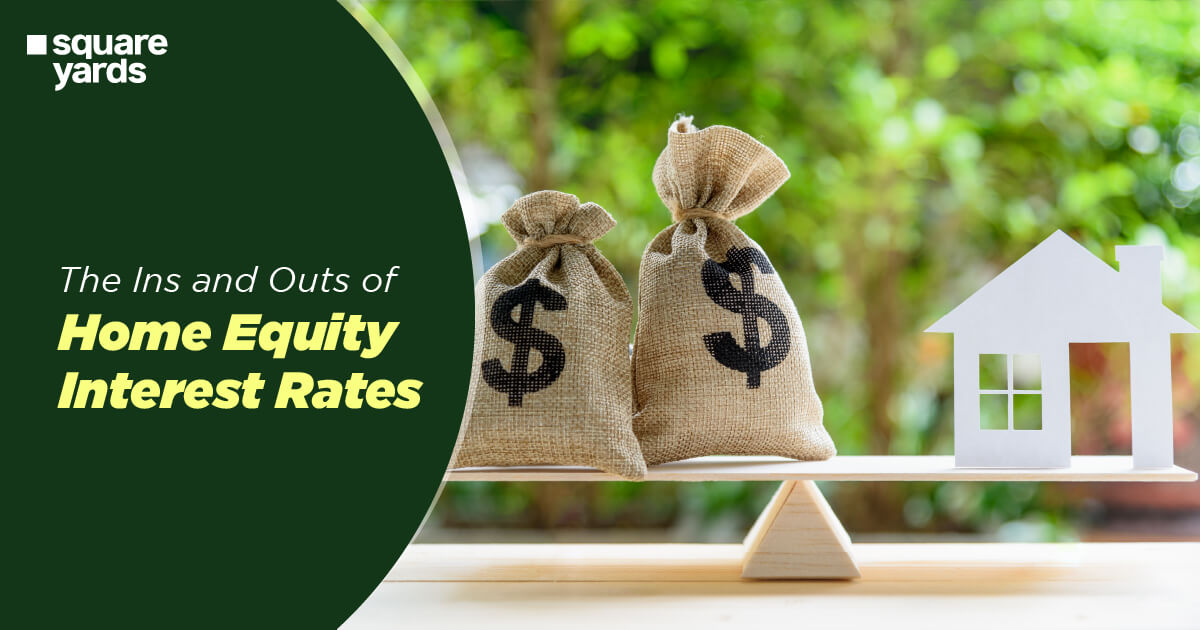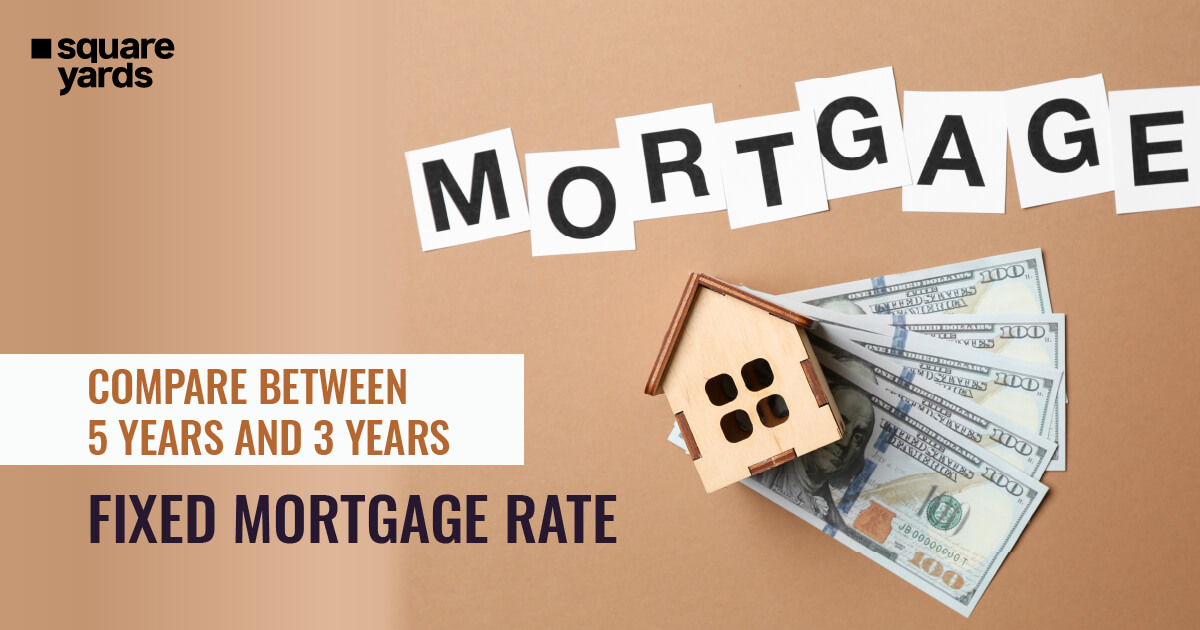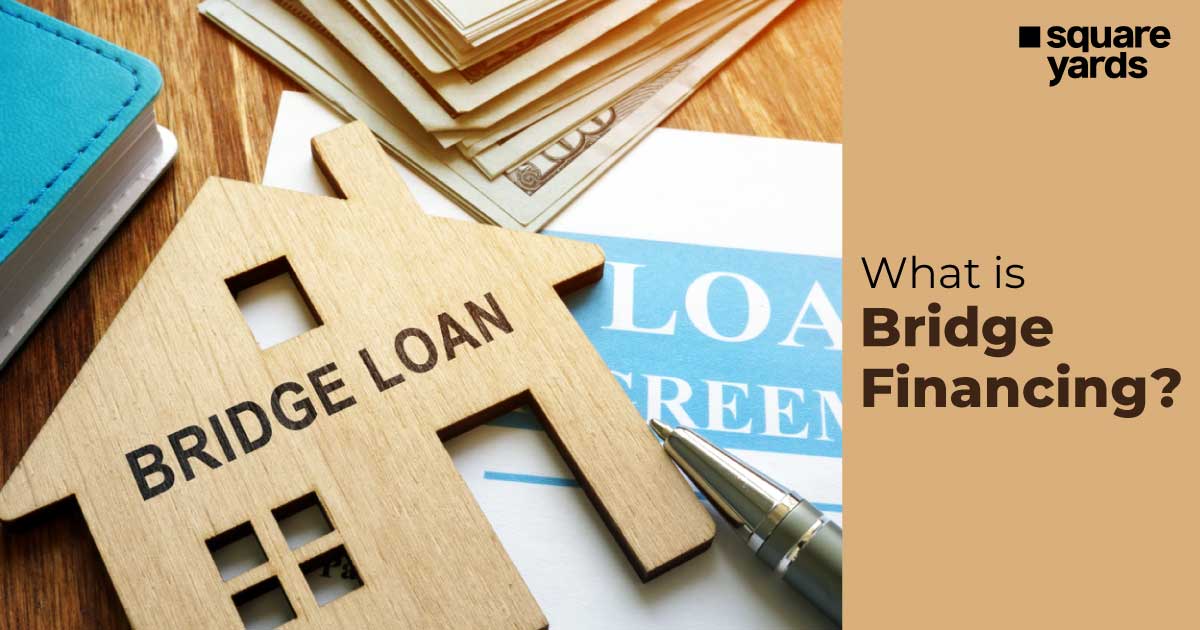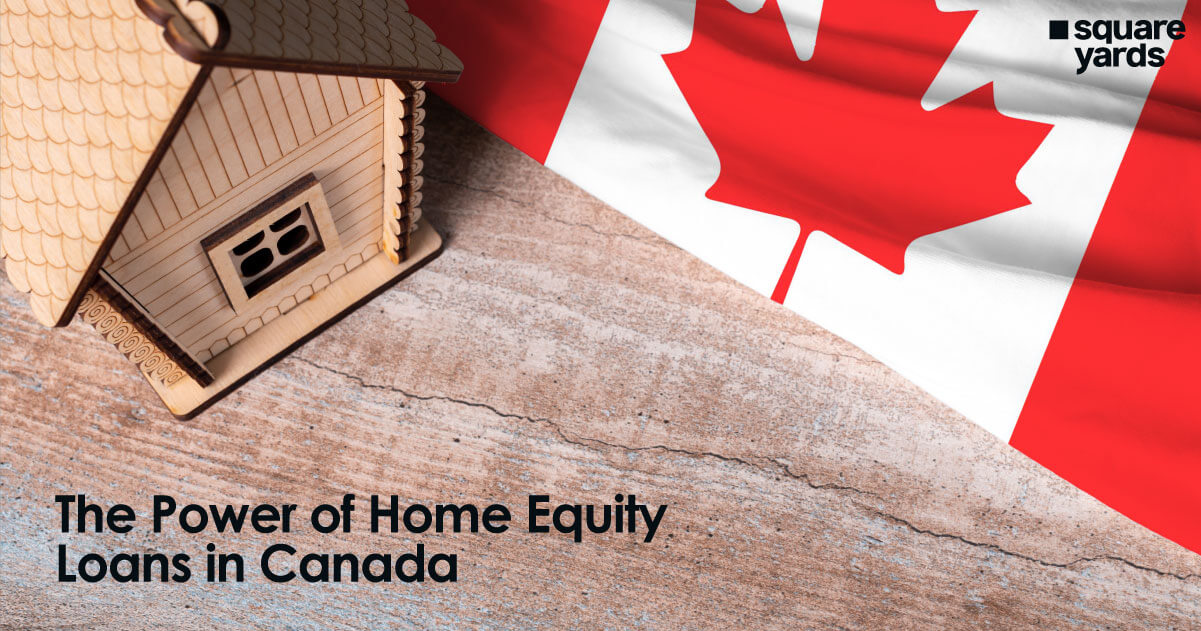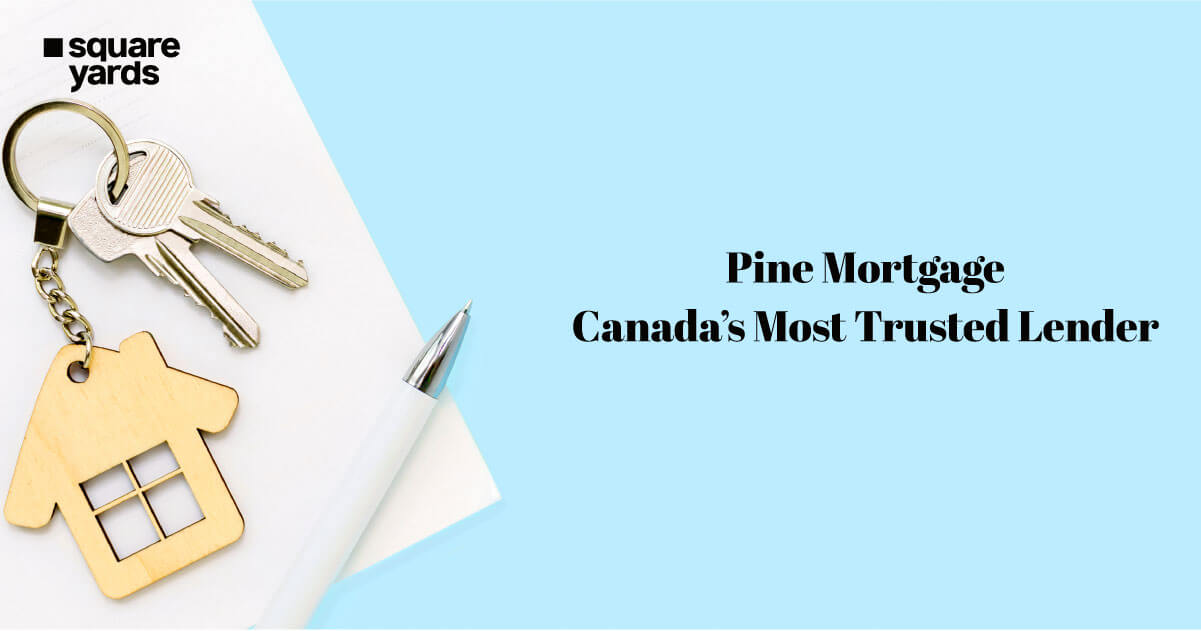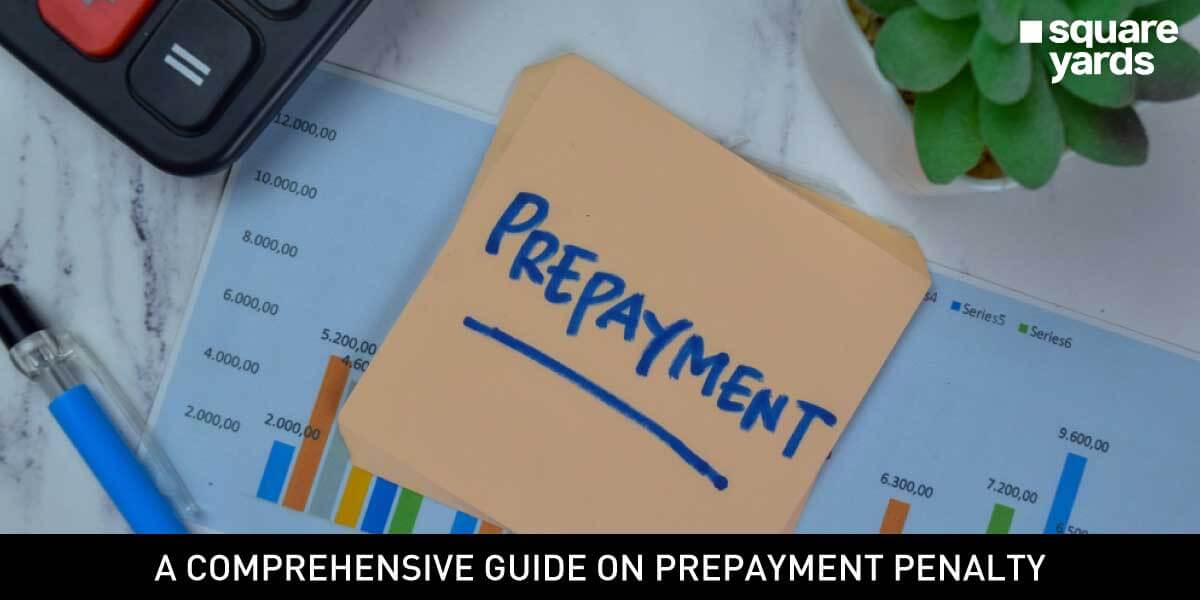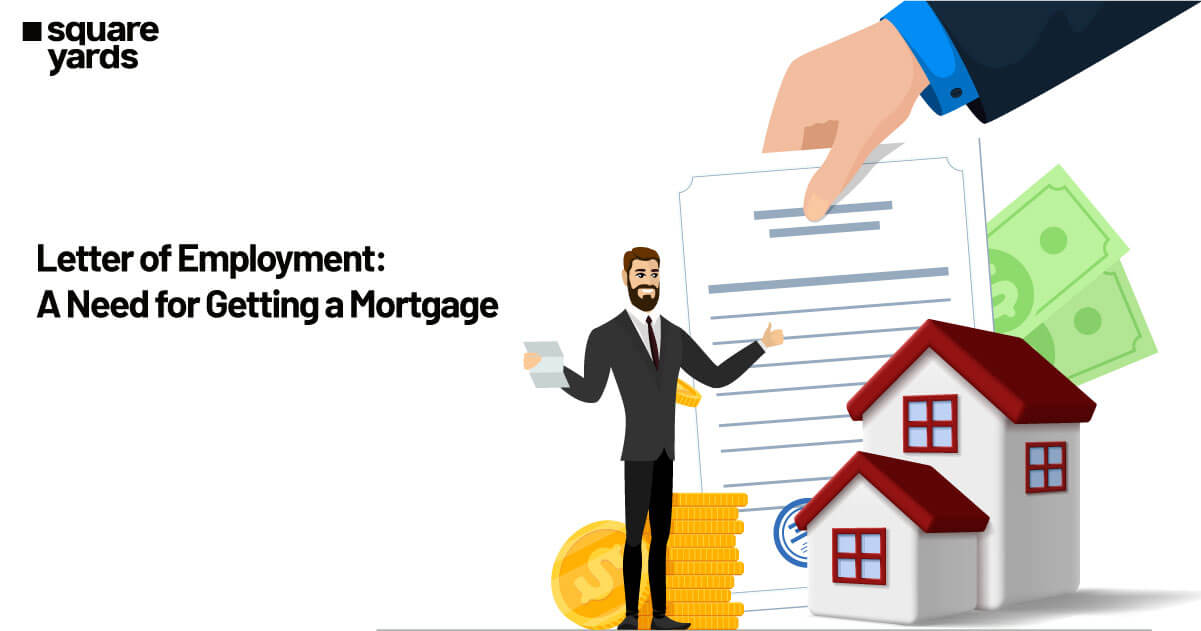When buying any property for which you have to get a loan, the fear of mortgage payments slowly creeps in before you even decide what kind of house or car you want. It is vital to check your financial standing before you jump into the ocean on the type of property you want to buy and check the loan amount you would require. After you decide what kind of loan you want, starting your doctorate on what type of mortgage setting would suit you over the coming years is time. A financial audit would help you in this step. After all your research, if you’re still confused between open and closed mortgages, we hope this article helps you to sort out all your confusion.
What is an Open and Closed Mortgage?
-
Open Mortgages
Open mortgages allow you to pay your mortgage between your tenure without any additional pre-payment charge. Open mortgages have a higher interest rate than closed mortgages. You can enjoy the flexibility of open mortgages till you are ready to commit to a closed mortgage format. Due to prepayment, the interest rates on open mortgages are much higher than that of closed mortgages.
You should choose open mortgages if you are planning to sell the property or you are planning to pay off the mortgage in the near future. If you receive a pay hike or lumpsum money via inheritance, choosing open mortgages would be ideal.
-
Closed Mortgages
Closed mortgages have strict guidelines regarding loan repayment. You cannot renegotiate, prepay and refinance the interest or the loans. The flexibility is tied up by paying a fixed lump sum. The interest rates under closed mortgages are lesser than open mortgage interest rates.
Typically, you’ll face a penalty for an early mortgage payoff, generally calculated as the higher of either three months’ worth of interest or the interest rate differential (IRD). If you break a closed fixed-rate mortgage, you must pay three months’ interest. However, if you break a closed variable-rate mortgage, your penalty will be calculated regarding interest rate differential.
Advantages of Open and Closed Mortgage
Here are some advantages of open and closed mortgages.
-
Open Mortgage Advantages

Open rate mortgages have several advantages. Some of them are listed below.
-
- Open mortgages allow you to increase your interest amount without any penalty.
- You can pay a high amount against your loan without any penalty
- Under open mortgages, it is feasible to refinance your loan since the concept is more flexible.
-
Closed Mortgages Advantages
Closed mortgages have the following advantages.
-
- If you choose closed mortgages, the interest rates are much lower than interest rates under open mortgages.
- Closed mortgages allow you to manage your finances better as you must pay a fixed amount for a predetermined time window.
Disadvantages of Open and Closed Mortgage
Open and closed mortgages have disadvantages of their own. Some of them are mentioned below.
-
Disadvantages of Open Mortgage
The following are the disadvantages of open mortgages.
-
- One of the main disadvantages of an open mortgage is that the interest rates are much higher than what you would get if you opt for an open mortgage.
- You can only opt for open mortgages for limited loan products.
-
Disadvantages of Closed-term mortgages

The following are the disadvantages of open mortgages.
-
- The loan payments under closed mortgages can only be adjusted by refinancing the loans, which is expensive.
- You might incur heavy penalties if you want to shift to a lump sum payment.
- Closed mortgages are for a longer period and can be anywhere from six months to ten years.
Open V/s Closed Mortgage in Greater Toronto
Out of the two types of mortgages in the Greater Toronto Area, an open mortgage offers flexibility in terms of repayment and refinancing without any penalties. The closed-term mortgage requires you to pay a considerable amount for refinancing. However, the interest rates under closed mortgages are significantly lower than open mortgages; therefore, most people living in the GTA prefer closed mortgages. Homebuyers prefer going for closed mortgages and paying a specific amount over the predefined time and interest rather than leaving to the ambiguity of open mortgages. This is because open mortgages are best suited for those who can afford prepayment and high-interest rates.
Conclusion
If you are confused about getting open or closed mortgages, all you have to do is a financial audit. You can do that yourself or hire a professional for the same. Remember to audit the current and expected incomes, expenses, and the amount you are ready to invest in your property, including down payments and interests. You can talk to your bank or credit union for a detailed review of the advantages and disadvantages according to your finances if you choose either of the two mortgage types. If you are sure that finding a gold pot in the Canadian suburbs is surely not a possibility for you, or if you are not going to inherit a castle any time soon, going for a closed-term mortgage would be a wiser and more feasible option concerning the predictability of interest rates.
You May Also Read
|
Guide To HELOC in Canada |
|
|
All About Mortgage Renewal |
|
|
Know The Canada Student Loan |
|
|
Understand Reverse Mortgage Loan |
Frequently Asked Questions (FAQs)
When a mortgage is closed, the borrower cannot prepay the loan without paying a prepayment charge. You can also not renegotiate or refinance the loan before term.
Under the closed mortgage system, you are to adhere to this format if you took $250,000 as a loan, 4.5% as interest, and a five-year repayment period. You will not be eligible for prepayment, renegotiation or refinancing of the loan.
Mortgage can either be closed or open credit.
An open mortgage is flexible, letting you pay a few extra bucks off your mortgage in a year. If you choose a closed mortgage, you must pay the loan in the predetermined period and the applicable interest. What does it mean when a mortgage is closed?
What is an example of a closed mortgage?
Is mortgage open or closed credit?
What is the difference between open and closed mortgages?

